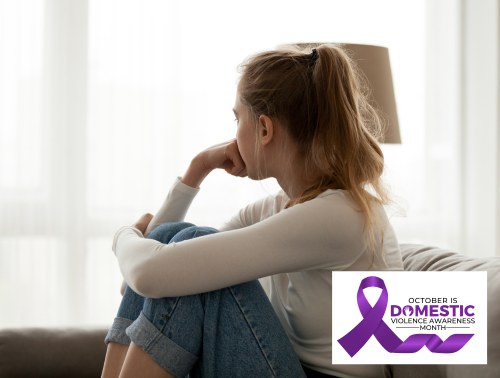
As family lawyers, we need to be alert to domestic abuse throughout our dealings with a client. Domestic abuse cases are complex and sensitive. Domestic abuse includes emotional, physical, psychological, sexual and economic abuse. Consideration will always be given to whether the lawyer has the expertise to handle such matters.
Supporting Clients Experiencing Domestic Abuse
It is important to create a safe and supportive environment. Sensitivity is needed when exploring domestic abuse with a client. Clients who have suffered abuse may be wary of discussing abuse, may excuse the behaviour of the perpetrator, and/or may struggle to identify experiences as abuse. Perpetrators may show a lack of empathy or may minimise the other’s feelings.
People whose relationships have broken down are vulnerable, whether they are the individual who left or has been left.
Domestic abuse can occur across society regardless of age, gender, race, sexuality, wealth or geography. According to the Office for National Statistics, for the year ending September 2024, an estimated 2.2. million adults experienced domestic abuse. Only one in 10 victims of partner abuse reported it to the police.
We all have unconscious biases formed by our learned values, beliefs and lived experiences. Asking individuals questions about abuse is tough but critical. Abuse may be something we don’t want to consider or admit, but it is important to consider our own values and think about biases and challenge them. Asking permits people to tell you about their fears and worries, to talk about experiences and feel valued and supported.
Safeguarding, Confidentiality, and Accessing Support
There are limits to our duty of confidentiality when it comes to our safeguarding responsibilities. The fundamental duty to keep clients’ affairs confidential can be overridden if necessary to prevent a client or third party from committing a criminal act that you reasonably believe is likely to result in serious bodily harm. Similarly, we can reveal confidential information to an appropriate authority where a client discloses abuse either by themselves or by another adult against a child, but refuses to make any disclosure themselves.
It is vital that we can provide a client with information about how to access specialist services so they can get the support they need.
Domestic Abuse and Protecting Children in the Legal Process
Domestic abuse in every form is harmful to children. It impacts the developmental, psychological, and emotional well-being of children. One in 7 children will have lived with domestic abuse at some point in their childhood.
The concept of “parental alienation” (a situation in which one parent, consciously or unconsciously, manipulates a child to reject, fear, or show hostility toward the other parent, without legitimate justification) has gained misplaced legitimacy and can be a form of coercive control by a perpetrator. Overemphasis has been placed by courts on a child’s contact, even with a known perpetrator of abuse.
As Resolution lawyers, we are used to trying to resolve matters in a non-confrontational and cooperative manner. Sometimes, the safest and most effective way of dealing with an allegation of domestic abuse is for there to be immediate action through court-managed procedures rather than through dispute resolution processes. Victims of domestic abuse can still get legal aid, and although at Howell Jones Surrey solicitors we are not able to offer public funding, we can refer to other firms who do.
Contact our experienced Surrey family law team for sensitive guidance and advice. We’re here to listen and help you access the support you need.
Other Support Services for Victims
Stop Domestic Abuse – 0330 053 3630
National Domestic Abuse Helpline (Refuge) – 0808 2000 247
Men’s Advice Line (Support for male victims) – 0808 801 0327
Respect Men’s Helpline (For those worried they may harm someone) – 0808 802 4040